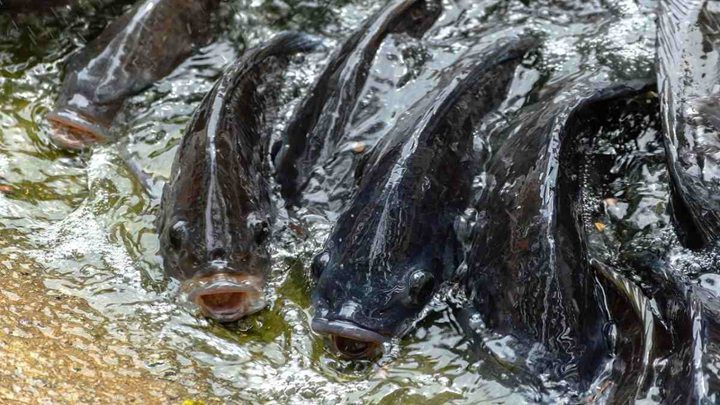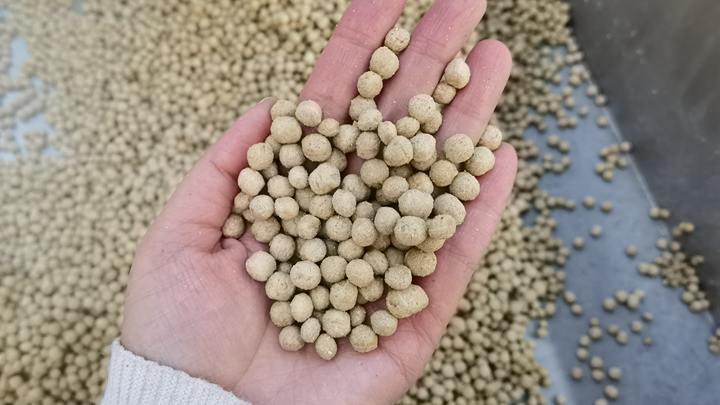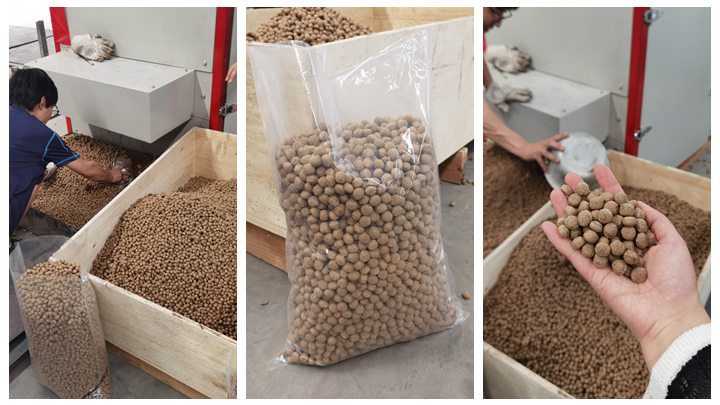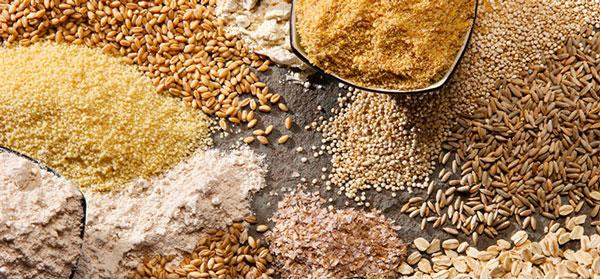Nigeria owns significant fisheries with a coastline of 853 km and over 14 million hectares of inland waters. The contribution of fisheries to the Nigerian economy is significant. still, the industry is laden with problems. Domestic fish product(0.61 MT) has fallen short of the demand(1.55 million MT). To achieve the important asked fish- food sufficiency, aquaculture development is the solution.
Introduction of the aquaculture in Nigeria
Nigeria is a maritime state where 9 of the 36 civil states have a coastline in the Atlantic Ocean. The littoral civil states of Nigeria are Ogun, Lagos, Ondo, Edo, Delta, Bayelsa, Rivers, Akwa Ibom, and Cross Rivers States, set up in the southern part of the country. The significance of the fisheries sector to individualities and the economy of numerous developed and developing countries can not be overemphasized.
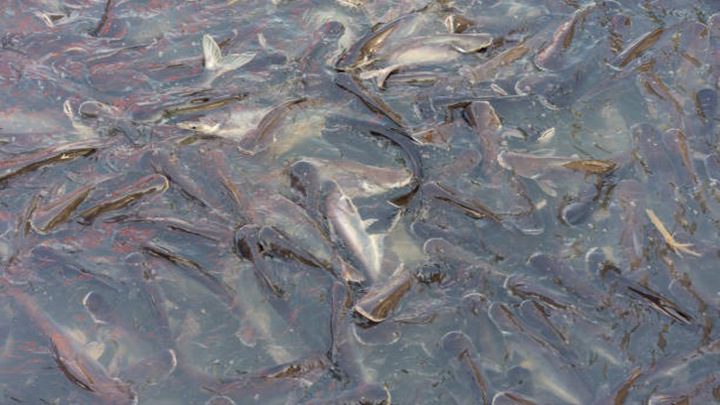
It’s notable that fish provides further than60.0 of the world’s supply of protein, especially in developing countries(. Its significance could be felt directly and laterally among pastoral and civic residents in Nigeria. In Nigeria, fisheries, particularly an important subsector, contribute about3.00 –5.00 to the agriculture share of the Gross Domestic Product( GDP). Fish are an important protein source in the diet of Nigerians. Protein from fish is largely digestible and of high nutritive value and consists of complete arrays of amino acids, vitamins, and minerals. piecemeal from its high quality, fish is a cheaper source of protein compared to other animal protein sources.
Status of marine fisheries products in Nigeria
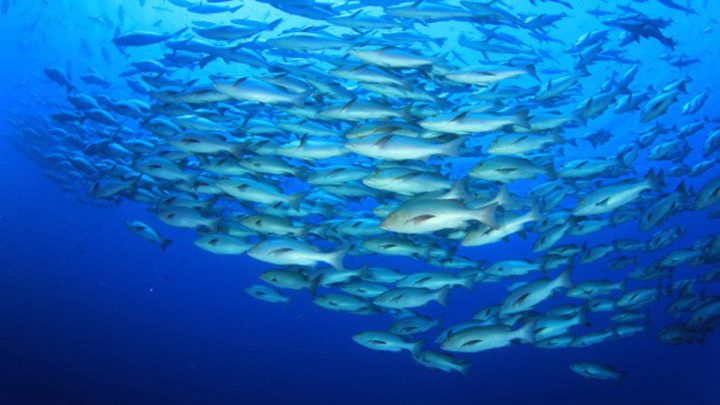
The total fish caught by African fishermen was6.30 million metric tons and3.80 million tons( about 60 percent) were from the marine waters with Nigeria being among the top African countries in terms of total fish catch. They contributed further that Nigeria’s 2005 fish catch was,500 metric tons live weight and lower than half of the catch was from inland waters. This illustrates that Nigerian fish product has been dominated by marine fisheries( fishing and aquaculture).
The Current Situation of Culture Fishery in Nigeria
1. Lack of large-scale fry production
2. Lack of the necessary equipment support and medical force
3. Lack of food sources
4. Unreasonable farm design, backward technology, low level of operation
5. Single species can’t give full benefit of ecological fish culture

Fishery product is significant to the Nigerian economy in view of their part in furnishing a cheap source of food/ nutrition security, income, and employment.
Lima Machinery has been in the fish feed production industry for more than ten years. After continuous communication with customers, we have accumulated a lot of fish farming experience. If you have any questions about fish farming, please feel free to contact us, our technicians will provide you with a complete solution.

